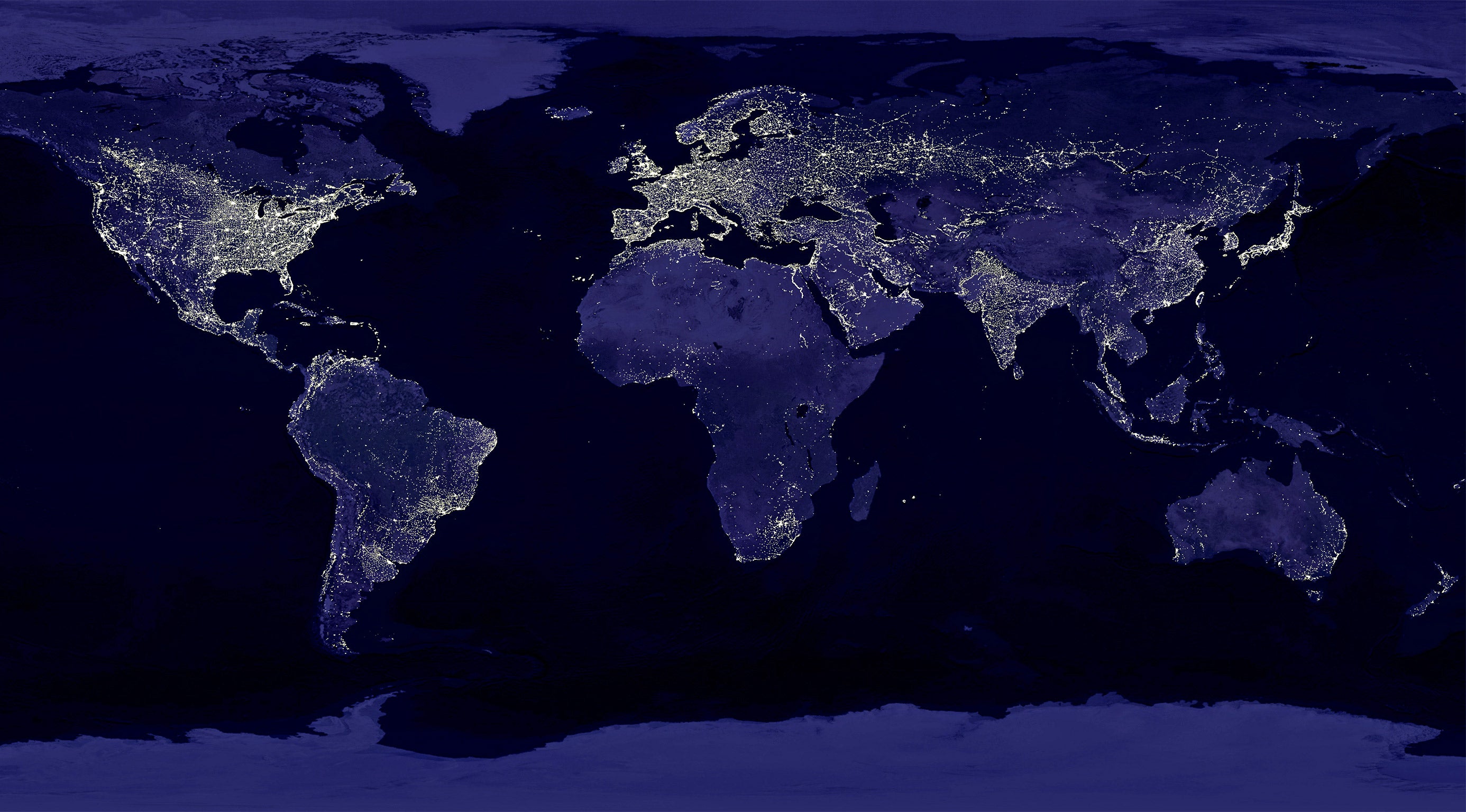The anthropocene era of man's dominance began in 1610, claim scientists
"The anthropocene probably began when species jumped continents, starting when the old world met the new”

A new geological epoch when humans dominated the history of the earth started in 1610 rather than the industrial or nuclear ages, scientists have said.
The beginning of the so-called “anthropocene” or human epoch is a hotly debated topic in geology, with suggestions varying widely from the start of farming about 10,000 years ago to the explosion of the first atomic bomb in 1945.
However, two scientists have made a case for 1610 because this is the year when a “golden spike” can be seen in the global geological record indicating that humans had made an irreversible change to the earth’s biology and chemistry.
It also coincided with a massive and irreversible change in life on Earth because of the sudden increase in the trade and transport of animals and plants across the Atlantic Ocean which had separated the New and Old Worlds for millions of years, they said.
Simon Lewis, an ecologist at University College London, and geologist Mark Maslin of Leeds University said that the two global signatures of human activity emerge in 1610 – the appearance of pollen from imported New World crops in Europe and a dip in global carbon dioxide levels caused by the abandonment of native farms across the Americas following the deaths of millions of indigenous people in the aftermath of European colonisation.
Writing in the journal Nature, the researchers call the signature the Orbis spike, after the Latin for “world”, to indicate that the change was a global phenomenon.
Colonisation of the New World led to the deaths of an estimated 50m native Americans, mostly from infectious diseases such as smallpox, and the resulting loss of agriculture led to forest re-growth and a subsequent pronounced dip in carbon dioxide concentrations in the atmosphere, Dr Lewis said.
This global fall in carbon dioxide can be seen and measured in Antarctic ice cores. At the same time, Europeans transferred animals and plants between the old and new worlds, including maize, which in the early 1600s left the first traces of fossilised new world pollen in European marine sediments.
“In a hundred thousand years, scientists will look at the environmental record and know something remarkable happened in the second half of the second millennium,” Dr Lewis said.
“They will be in no doubt that these global changes to Earth were caused by their own species. The anthropocene probably began when species jumped continents, starting when the old world met the new,” he said.
“We humans are now a geological power in our own right, as earth-changing as a meteorite strike. Historically, the collision of the old and new worlds marks the beginning of the modern world,” he added.
Join our commenting forum
Join thought-provoking conversations, follow other Independent readers and see their replies
0Comments